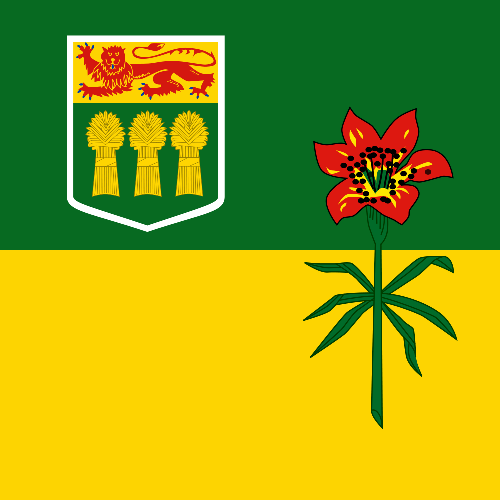Reflect on and express insights about how knowledge and skills learned in school transfer to one's future life and work.
| (a) |
Research to identify the skills, knowledge and abilities needed in specific economic sectors such as manufacturing, agriculture, business or mining ( http://www.councils.org) |
| (b) |
Describe how personal skills and attitudes influence life and work-related successes |
| (c) |
Identify how personal learning and interests may impact the selection of high school courses and future work possibilities |
| (d) |
Compare how one's own role as a student is similar to that of a worker's role |
| (e) |
Review the differences between work, jobs, occupations and careers |
| (f) |
Research and report on some key occupations available in the various economic sectors in Canada as represented by sector councils |

This document will assist individuals and communities to engage in meaningful discussions and actions to respond to the experiences, perspectives and needs of students and families who are gender and/or sexually diverse (GSD).
Content includes:
- Gender and Sexual Diversity
- First Nations and Métis Ways of Knowing
- Assumptions, Privilege and Oppression
- Comprehensive School Community Health (CSCH)
- CSCH Approach to Creating Inclusive Schools




